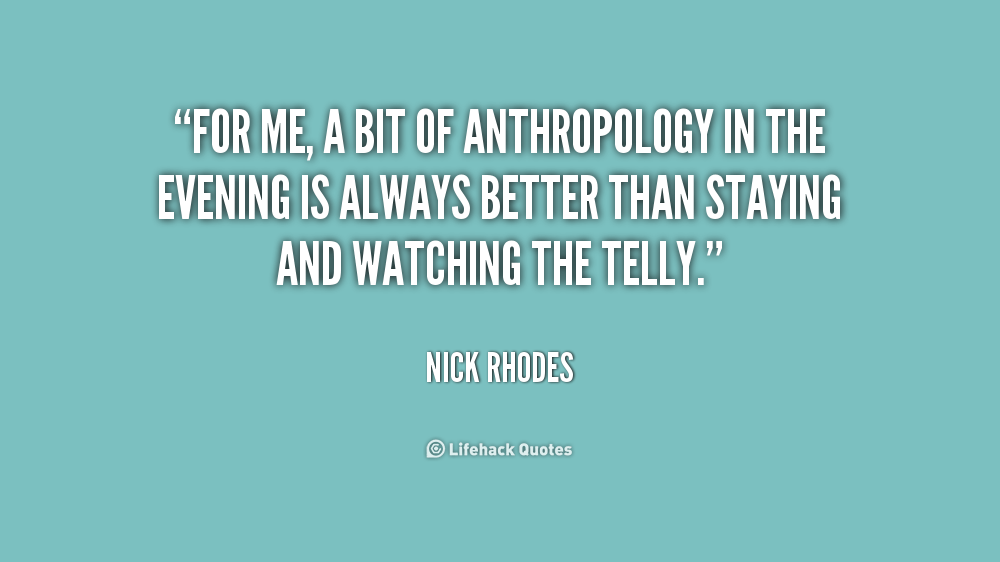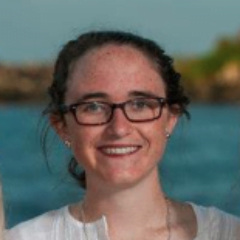I am becoming quite expert in navigating the look of confusion on my colleagues’ faces when I tell them that I am completing my master’s in anthropology. I can see behind their glazed eyes, in real time, the exotic mental images they are conjuring of the famous cultural anthropologist Margaret Mead or the comical similarities in social functioning between me and fictional physical anthropologist Temperance Brennan. A few remember that Paul Farmer is an anthropologist by training. After a moment of gathering themselves most ask some version – on the spectrum from rude to genuinely curious– “why would you do that?”.
The answer requires an understanding of what anthropology is, so that is usually where I begin.
What is Anthropology?
Anthropology is the study of culture, which can be defined as an abstract set of beliefs and values which lie behind people’s behaviour. Culture is learned and taught, it is something that humans share in groups, it is adaptive to different environments, and it is always changing. The goals of anthropology are to discover fundamental similarities and differences between cultures and to understand why people choose their actions from the alternatives available to them. Anthropologists use this acquired understanding of humans, and the way humans behave in groups, to help find and implement solutions to complex problems.
Why Study Anthropology?
Once I explain what anthropology actually is, the conversation usually explodes quite quickly into all of the possible ways this could apply to medicine. Some physician anthropologists, like Dr. Farmer, use an anthropologic lens to understand discrepancies in health outcomes. Others like Kaufmann draw attention to the difference in clinical realities between physicians and patients. Kaufmann generated simple questions that physicians can use to create overlap between these realities. His work evolved into what every medical student now knows as the “FIFE” model. We can also use anthropology to study the medical profession itself, and this is where my primary interest lies.
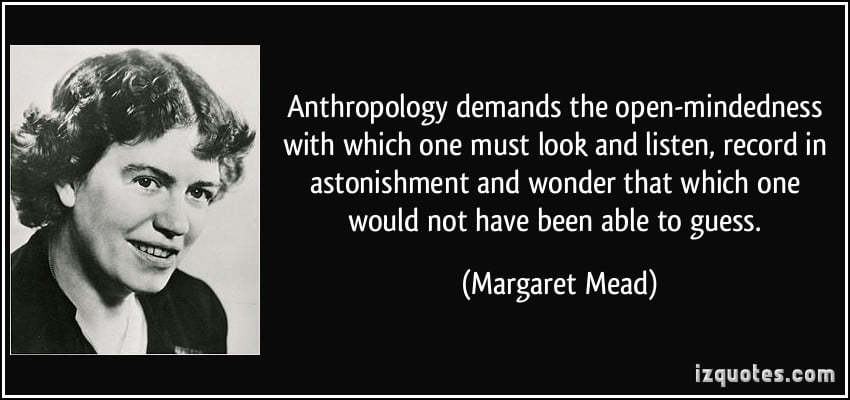 From the first day of medical school, we were told that we were entering a new group. We were warned that we would change; we would learn a new language; we would learn to think differently; we would learn to dress and behave accordingly. Once we matched to a residency program we become even more focused. Each specialty group, even within the same institution, has wildly different ways of functioning. They have different priorities, different ways of making decisions, different ways of treating each other, and a different lens through which they see the world. The cultures of medicine are strong.
From the first day of medical school, we were told that we were entering a new group. We were warned that we would change; we would learn a new language; we would learn to think differently; we would learn to dress and behave accordingly. Once we matched to a residency program we become even more focused. Each specialty group, even within the same institution, has wildly different ways of functioning. They have different priorities, different ways of making decisions, different ways of treating each other, and a different lens through which they see the world. The cultures of medicine are strong.
These cultural realities shape both education and practice.
Anthropology and Medical Education Enculturation
Medical school and residency training is as much an indoctrination as it is a transfer of knowledge.
I survived, and occasionally thrived, in my clerkship and first two years of residency by being a 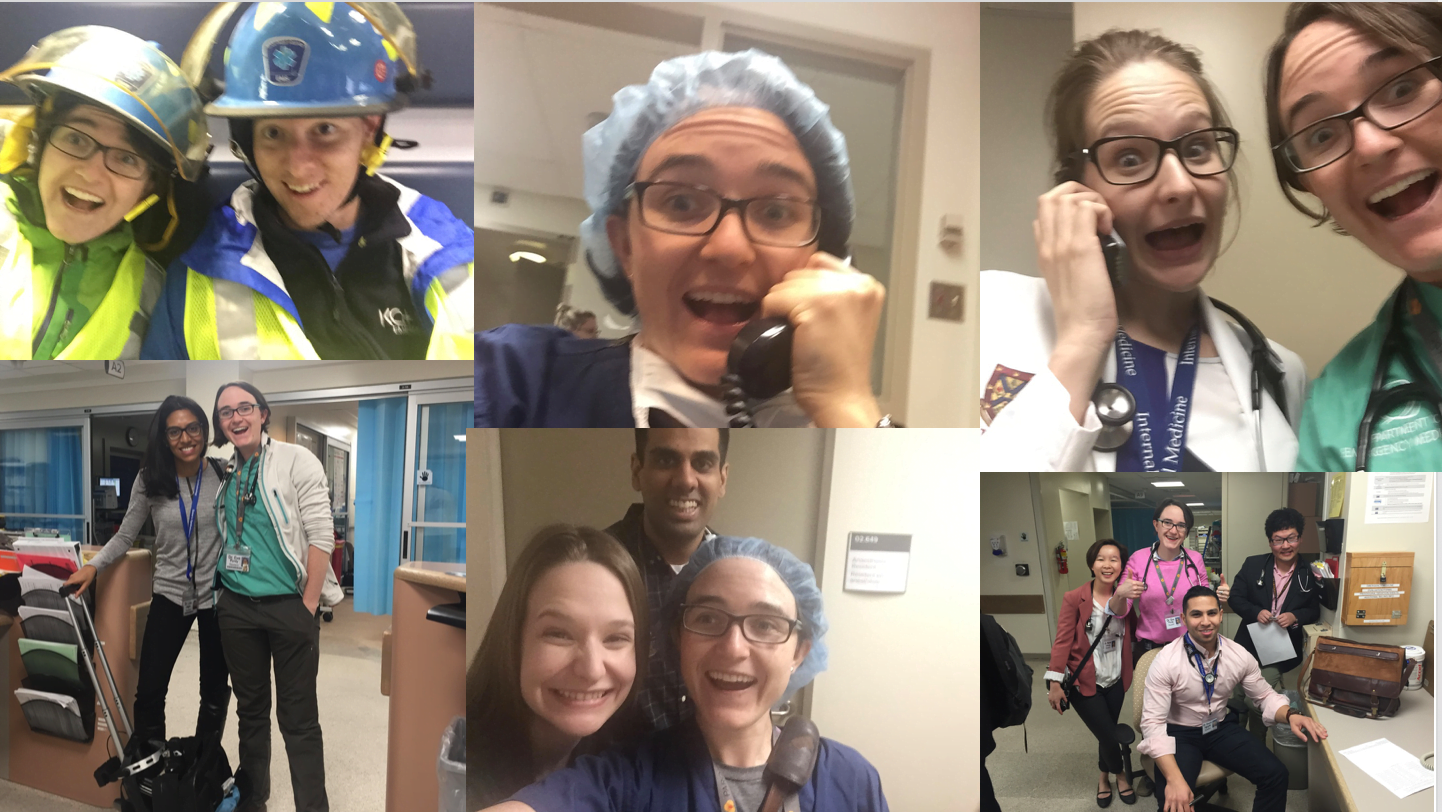 chameleon. I changed the way I dressed, the way I spoke, participated in rituals, and navigated fitting into a new hierarchy. For each new service I had to rapidly identify what that group valued then deliver what they wanted. Essentially I focused on discovering how to belong – something that humans crave and need – without compromising my sense of self. Sometimes this was a difficult balance. I became distressed when the choice between belonging and remaining true to myself were at odds. The rotations I was happiest on were the ones I felt I belonged effortlessly. That is ultimately how I landed in emergency medicine.
chameleon. I changed the way I dressed, the way I spoke, participated in rituals, and navigated fitting into a new hierarchy. For each new service I had to rapidly identify what that group valued then deliver what they wanted. Essentially I focused on discovering how to belong – something that humans crave and need – without compromising my sense of self. Sometimes this was a difficult balance. I became distressed when the choice between belonging and remaining true to myself were at odds. The rotations I was happiest on were the ones I felt I belonged effortlessly. That is ultimately how I landed in emergency medicine.
Bordieu’s theory of capital and fields resonates in this context. Bordieu theorizes that each group (field) has defined values (capital) that individuals can embody or practice (habitus) to gain power. Medical learners must quickly survey the field they are in to understand what the social or symbolic or intellectual or cultural capital is in the given context then adapt their habitus accordingly. Bordieuan perspectives have predominated the field of sociologic research in medical education. For a nice overview read this chapter.
Now, with this framework in mind, I encourage medical students to be mindful about the fields they exist in and to think about the most relevant capital. I encourage them to reflect on their sense of belongingness. I think this might enhance their experience and also to inform their career decisions. As a resident I seek to be particularly aware of how I am maximizing or minimizing my junior learners’ feelings of belonging.
This is a single example of how we can apply any number of anthropologic theories to medical training to explain and further unpack the experience. Others include the concept of “studying up”, or applying cultural relativism, or doing gender etc. Applying defined theories, and creating some of our own, might help educators understand how we can help learners with career decisions, work with learners who are struggling, identify unconscious biases in education, and be more mindful of how non-curricular experiences significantly impact the types of doctors we are creating.
I strongly believe that the term “medical education” underrepresents what actually takes place during the time between when a person enters medical school and when she leaves residency years later as a specialist physician. A purely scientific and educational approach does not do justice to explaining and trying to shape the profound medical enculturation that takes place. Anthropology can add important theoretical perspectives and new approaches to the way we understand and study the medical learning process.
Anthropology and Healthcare Organizations
Beyond the classroom anthropology has deep implications for the workplace. My foray into anthropology was sparked by a talk given by Dr. Victoria Brazil at the Social Media and Critical Care Conference in 2014. In her talk “Timing, Tribes and STEMI’s” Brazil reflects on tribalism in medicine she outlines that at times tribalism is sometimes necessary and can positively bond teams. However, more often than not it creates enemies that prevent mobilisation of the entire organization to a higher goal. You really need to watch this talk if you haven’t seen it yet.
Anthropologists spend a great deal of time thinking about who is the “us” and who is the “other” in the research they perform. This is in large part to avoid falling back towards dark colonial roots that painted exotic portraits of far off lands. The exercise of reflecting on “us” and “other” has become about so much more than research for me. As a resident finishing two years of near constant rotating through different teams in all parts of the hospital I have noticed a shared practice. We are exceptionally good at “othering”. We 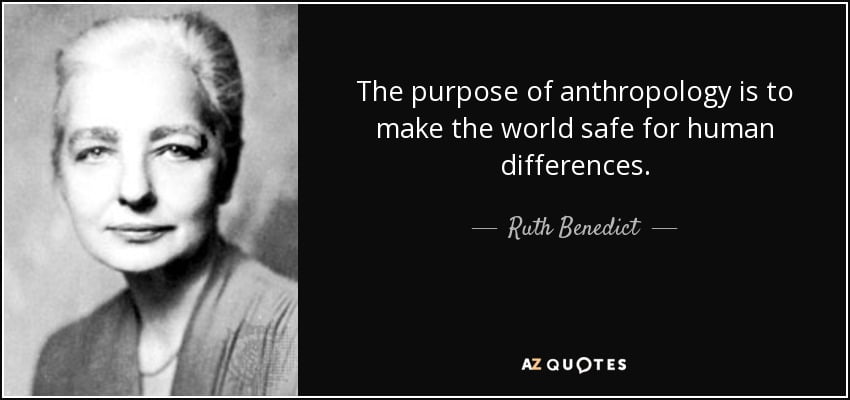 create groups of people that are in some way different than us – patients, nurses, internists, surgeons, administrators etc. Then, once they are “other”, they become easy prey for the “us” to exert dominance. This is exactly the phenomena described in Brazil’s entertaining talk. The most dysfunctional teams that I have worked on “other” often, and this behaviour is demonstrated by even the most senior consultants. I have also had the pleasure of working in exceptional groups who consciously make an effort not to do so. They expand their understanding of “us”. The difference in dynamic, mood, and focus on excellence is profound. Hospital groups need to urgently understand how to stop the “othering” that is so dramatically fragmenting our system and demoralizing our staff along the way.
create groups of people that are in some way different than us – patients, nurses, internists, surgeons, administrators etc. Then, once they are “other”, they become easy prey for the “us” to exert dominance. This is exactly the phenomena described in Brazil’s entertaining talk. The most dysfunctional teams that I have worked on “other” often, and this behaviour is demonstrated by even the most senior consultants. I have also had the pleasure of working in exceptional groups who consciously make an effort not to do so. They expand their understanding of “us”. The difference in dynamic, mood, and focus on excellence is profound. Hospital groups need to urgently understand how to stop the “othering” that is so dramatically fragmenting our system and demoralizing our staff along the way.
Organizational anthropology is an up and coming field. Many large companies use anthropologists to study and optimize their workplace culture. Anthropologists might consider questions related to uptake of new procedures or regulations, issues related to gender imbalance in leadership, flow through hospital space, or any other number of complex questions. Healthcare organizational anthropology is the next frontier.
On Being #AnthroEve
Being a physician has advantages as an anthropologist – I am an accepted member of a rather exclusive and historically difficult to access community opening up interesting frontiers for research and advocacy– but more importantly I feel that my studies in anthropology are making me a much better physician. Anthropologists have fundamentally different world views than the positivist perspective I have been intellectually raised on. Anthropologists recognize that there are multiple truths (not alternative facts, don’t worry!), a realization that encourages me to see situations from multiple perspectives when I am in the middle of a disagreement or difficult problem. Anthropologists also rely heavily on observation. Honing my ability to observe people and environments as an anthropologist has made me better able to do so in the clinical setting. Anthropologists try not to make assumptions and they check in frequently with those with whom they work. Anthropologists value holism, practice relativism, and they are endlessly curious about people. These are all qualities that I am proud to bring back to the hospital as I continue living life and practicing medicine as #AnthroEve.
I am happy to chat with anyone who is interested in learning more about anthropology, balancing a master’s with clinical work, or from kindred spirits who might be looking for a collaborator!


